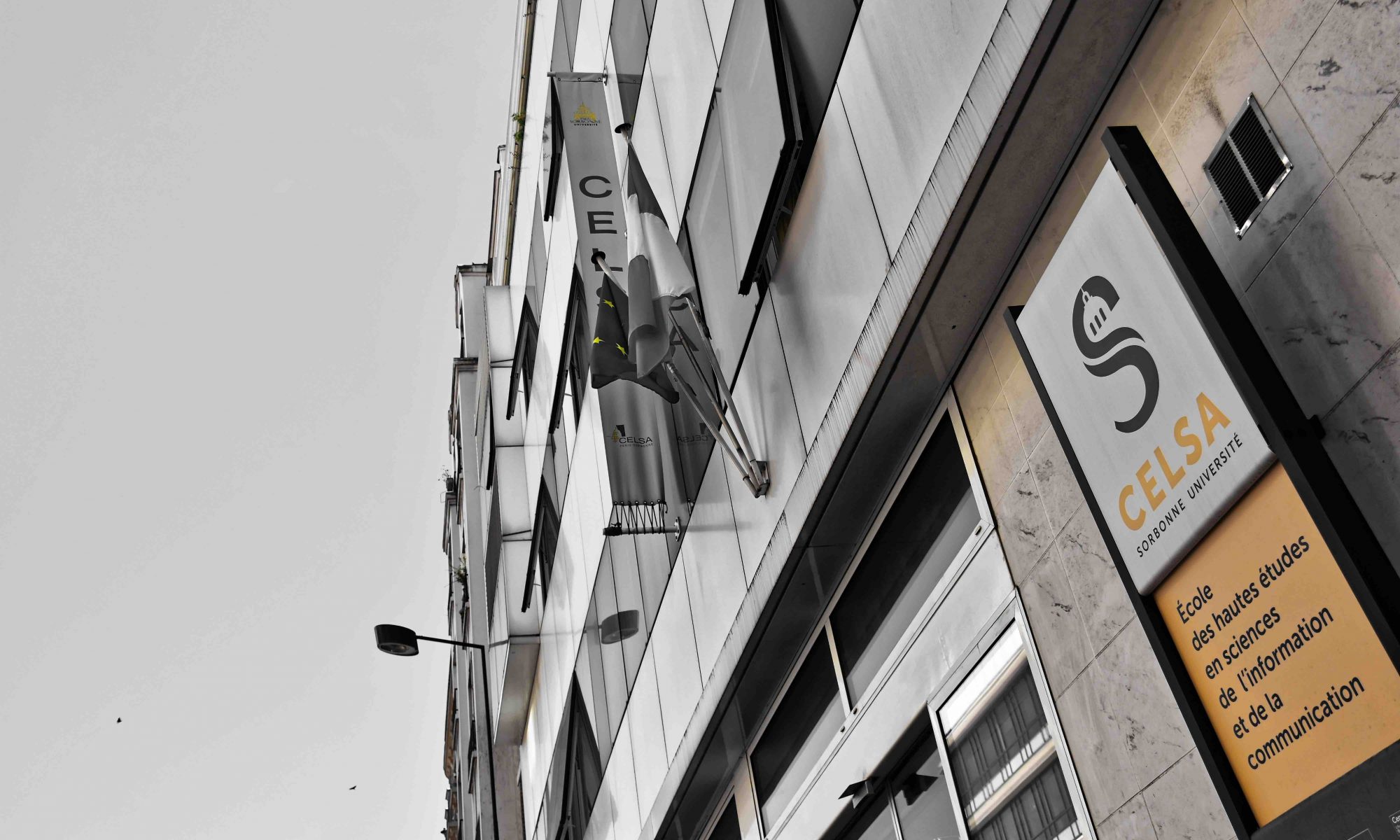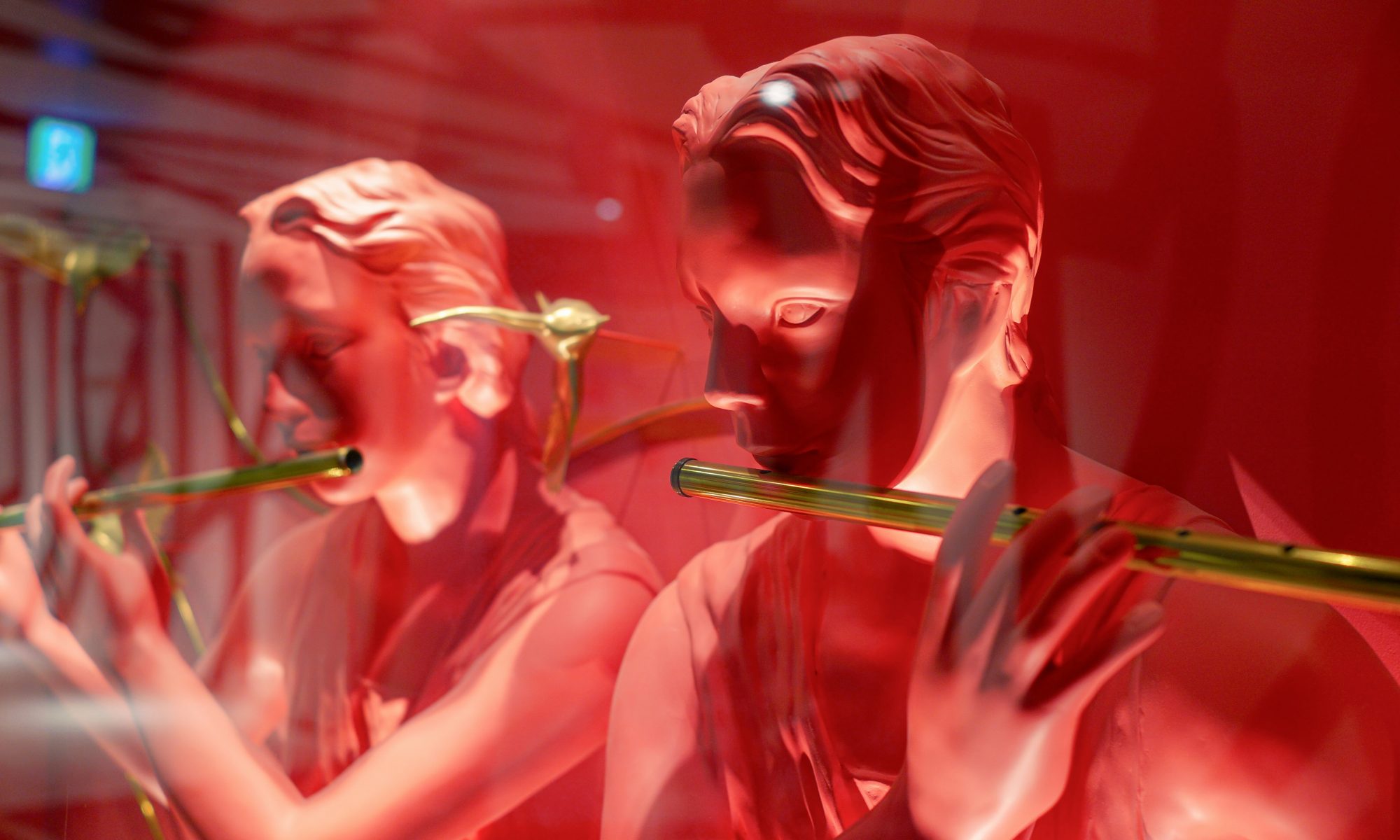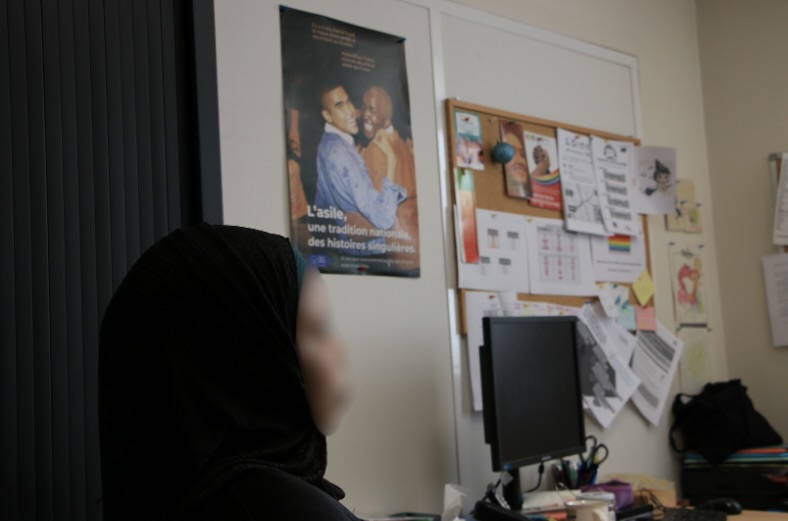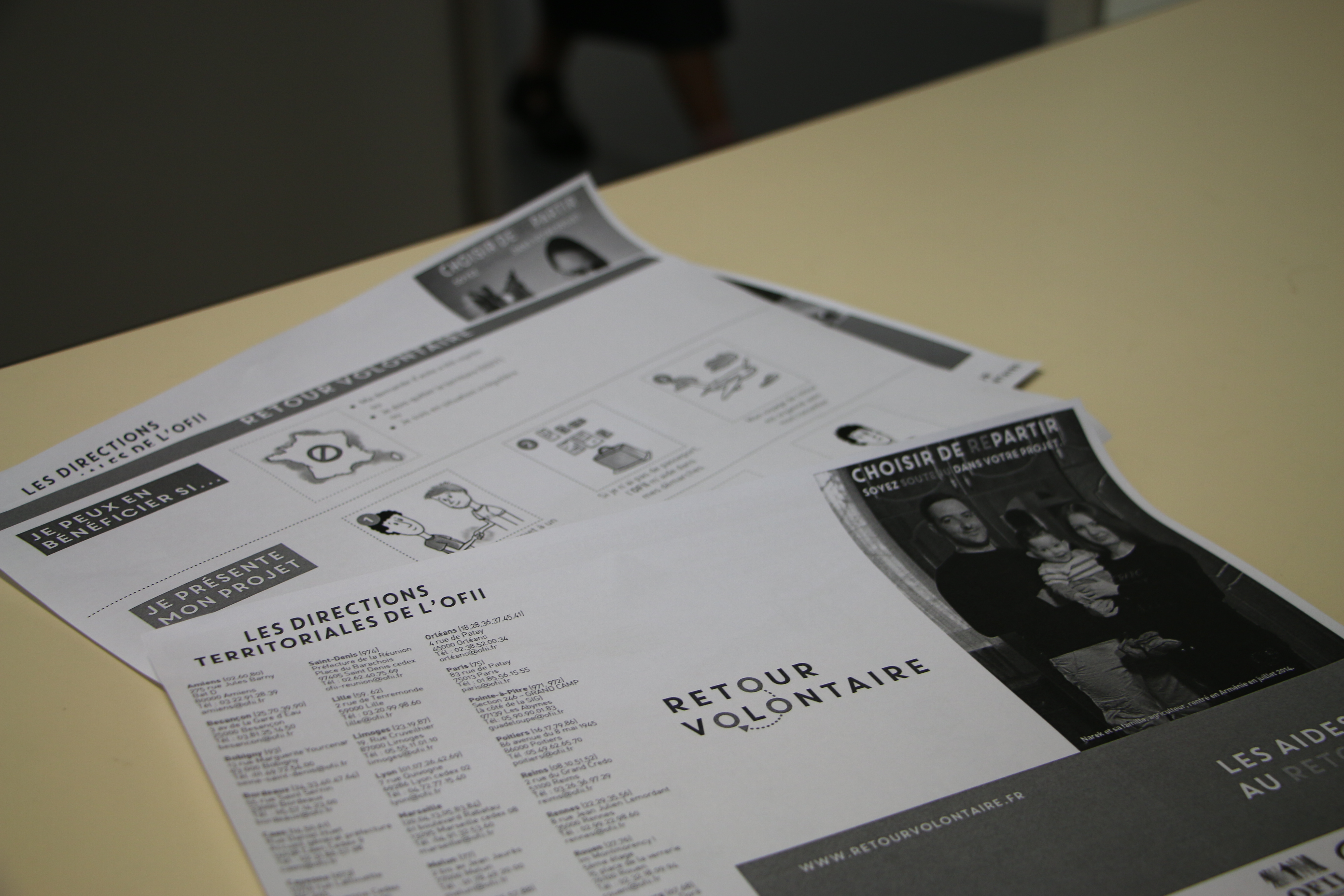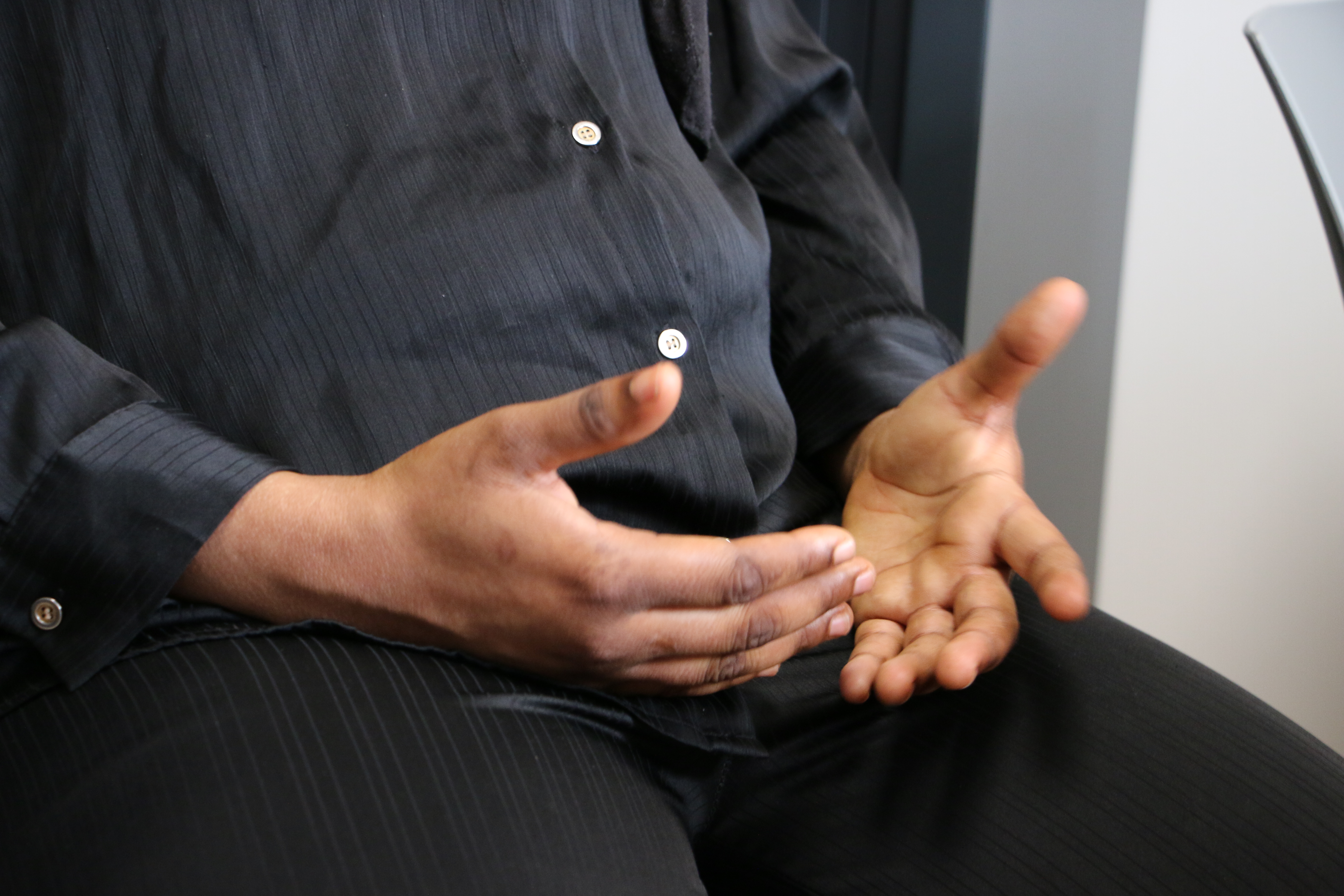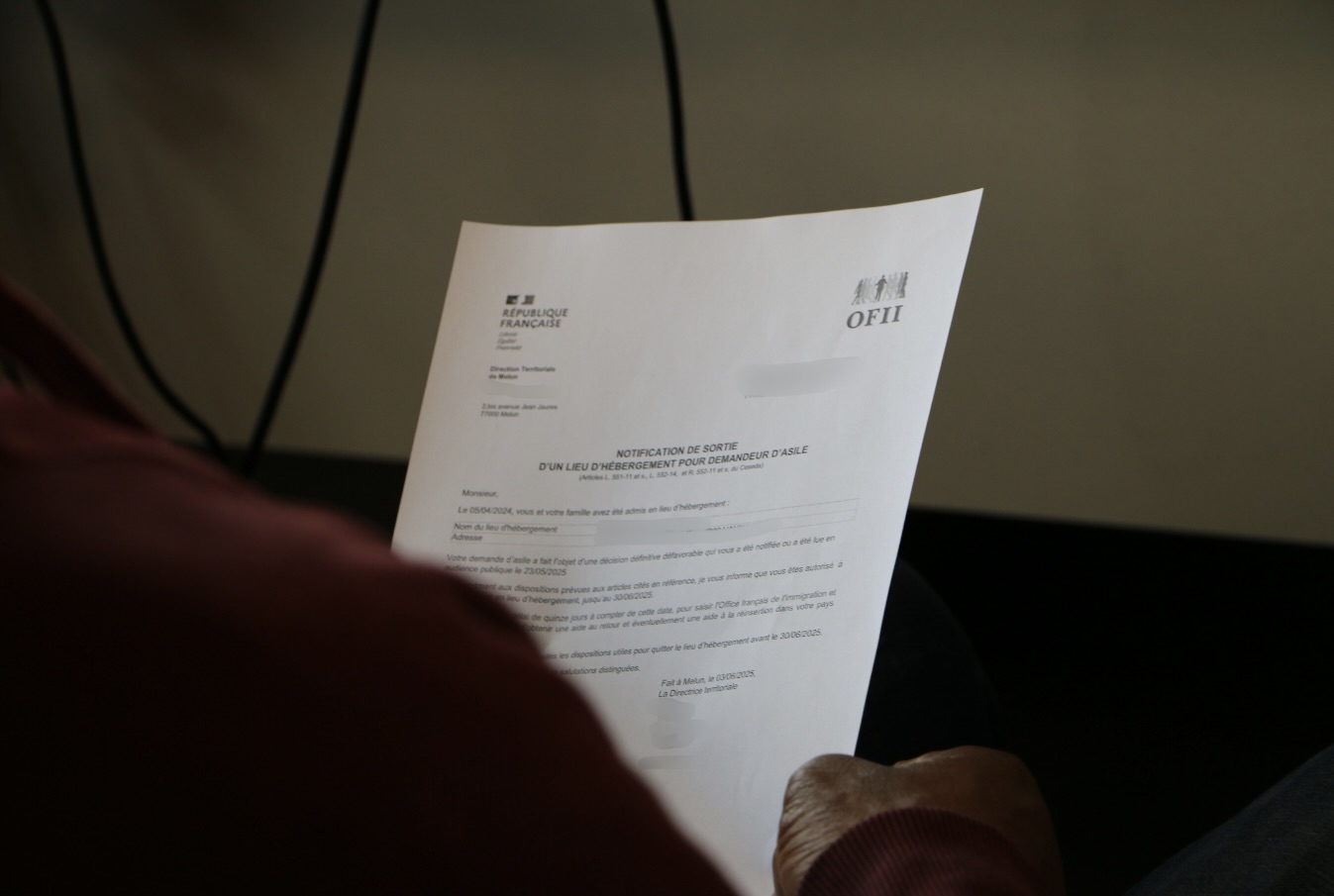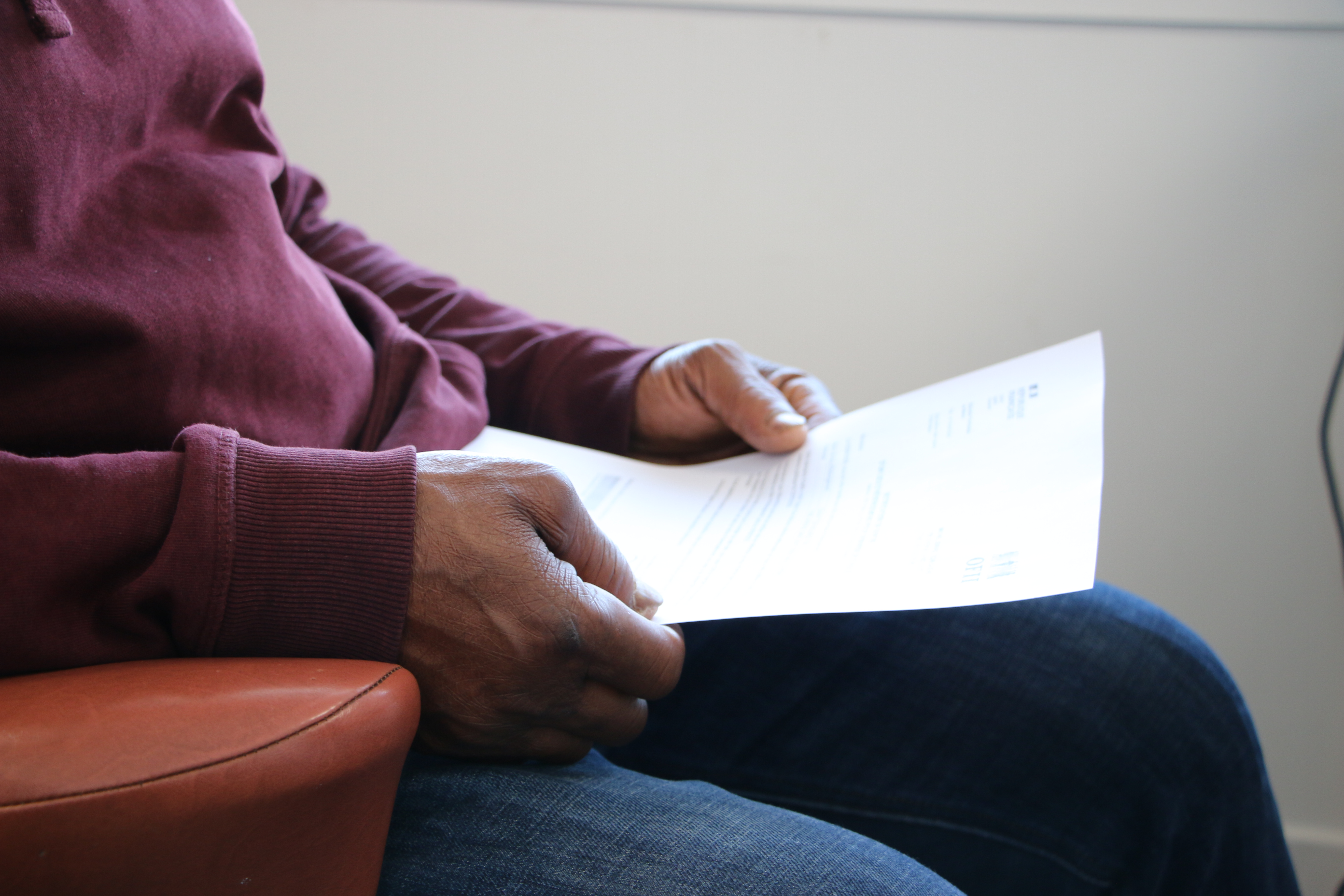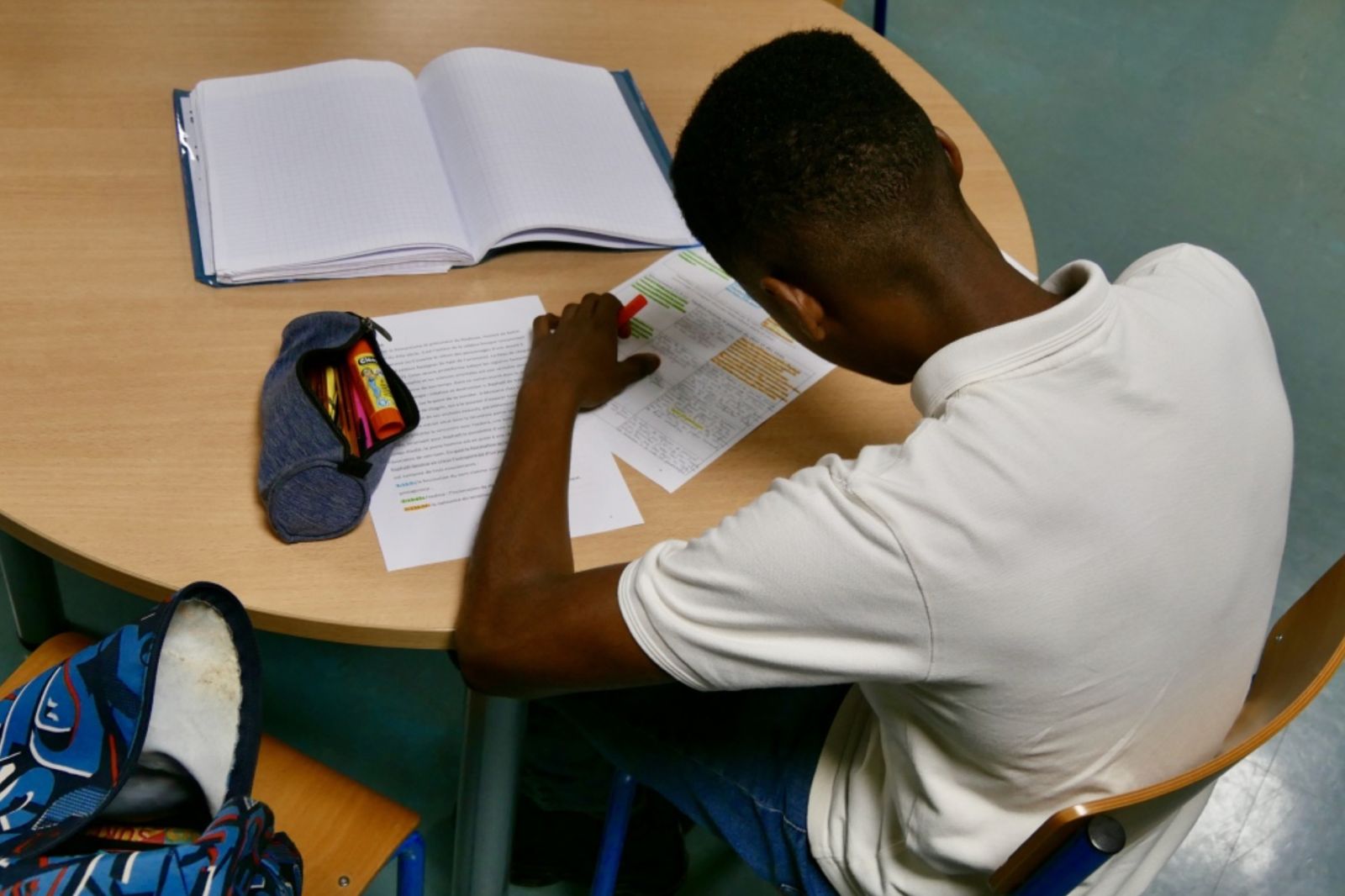Chaque année, en France, des centaines de personnes quittent un groupe sectaire. Si la fuite marque la fin de l’endoctrinement, elle n’ouvre que rarement la voie à un retour apaisé à la vie « normale ». Isolement, précarité, absence de soutien… Témoignages et éclairages sur un vide institutionnel que dénoncent associations, rescapés et juristes.
Lydia Hadjara a 25 ans lorsqu’elle est frappée par le déclic qui va changer sa vie. Un sentiment de honte, une prise de conscience, puis une soudaine envie de vomir. L’intuition qui la tourmentait depuis si longtemps se mue en une évidence brutale : « Il faut que je m’en aille. » Comme des milliers de personnes en France, Lydia était victime de dérives sectaires.
Elle a vécu plus de vingt ans chez les Raëliens, un mouvement né dans les années 1970 en France sous l’impulsion de Claude Vorilhon, dit « Raël ». En tant que prophète et messager des « Élohims » (extraterrestres divins à l’origine de l’humanité), Raël rassemblera autour de lui plusieurs milliers de fidèles au fil des années. Il met en place parmi ces derniers un groupe de femmes appelées les « anges », entièrement dévouées à son bien-être – y compris sexuel. Lydia était l’une d’entre elles. Elle est conduite chez les Raëliens à l’âge de quatre ans par sa « génitrice » – qu’elle se refuse aujourd’hui à appeler mère.
View this post on Instagram
Lydia décrit une enfance en apparence normale, malgré un décalage profond ressenti vis-à-vis des autres enfants : « Je ne trouvais pas ma place, parce qu’on m’inculquait que ceux qui n’étaient pas dans le mouvement n’avaient pas la vérité », explique-t-elle. À treize ans, elle est agressée sexuellement par l’un des “guides” du mouvement. Une « initiation », ayant pour but d’apprendre à la jeune fille comment satisfaire Raël à l’avenir. Une preuve de dévotion envers le prophète. Si son mal-être est évident, elle le réprime, se raccrochant à l’idée d’être privilégiée, de faire partie d’un groupe d’élus : « Je me culpabilisais de me dire que ça pouvait potentiellement être faux. Mais quand j’avais des doutes, en un quart de seconde, je m’autoflagellais. Je me disais : “Tu redescends sur Terre, tu es quand même dans la dernière des religions.” »
À lire aussi :
https://celsalab.fr/wp-admin/post.php?post=57424&action=edit
Le dîner de la rupture
Elle luttera contre ces doutes jusqu’à ce soir d’octobre 2007, lors d’un dîner au restaurant avec Raël et les autres anges. Placée en bout de table, elle est punie pour avoir manqué une réunion du mouvement plus tôt dans la journée. On lui fait comprendre qu’elle n’est pas digne de l’honneur qui lui est fait, qu’elle n’est personne pour se permettre ce genre de liberté. Une « humiliation », se rappelle-t-elle encore aujourd’hui. « J’ai déçu le prophète, j’ai déçu les anges, je n’ai pas rempli mon rôle correctement », se dit-elle à l’époque.
Mais cette honte laisse rapidement place à un sentiment de dégoût. Un instinct de survie jusque-là assoupi se réveille en Lydia. Comme si les fils de son cerveau se reconnectaient pour la première fois depuis longtemps. « J’ai vu les autres anges regarder Raël, et physiquement, ça a été compliqué », raconte-t-elle. « Je me suis rendu compte que je le regardais de la même manière. Et ce n’était pas un regard sain. » Sa décision est prise : elle partira le lendemain matin, sans jamais revenir.
Son départ mettra fin à un calvaire qui aura duré plus de deux décennies. C’est néanmoins le début d’une nouvelle épreuve pour Lydia : celui de la reconstruction. « [Chez les Raëliens] il n’y avait pas de barreaux aux fenêtres… Ils étaient dans ma tête. Et ceux-là sont encore plus durs à enlever. »
Comme beaucoup d’anciens adeptes, Lydia doit d’abord affronter une réalité difficile à admettre : reconnaître qu’elle a été victime du mouvement. Une prise de conscience aussi essentielle que douloureuse, explique Pascale Duval, directrice de l’Union nationale des Associations de Défense des Familles et de l’Individu victimes de sectes (UNADFI). « [Les anciens adeptes] ont plutôt l’impression d’avoir été victimes d’une escroquerie, ou d’avoir été trop faibles face à un abus. Ils ne relient pas leurs mésaventures à un problème sectaire. » Même après avoir pris conscience de l’emprise, « beaucoup préfèrent se taire, par honte : honte d’avoir été manipulés, d’avoir perdu le contrôle », déplore-t-elle.
Pour Lydia, il a fallu affronter « le regard et le jugement des gens », y compris de ceux qui se demandent « comment on peut être assez débile pour croire et entrer dans un tel mouvement ». Il aura fallu près de dix ans et un rendez-vous chez une psychologue – pour un tout autre motif – pour qu’elle parvienne à mettre un mot sur ce qu’elle avait vécu : l’emprise. « Je ne connaissais pas ce terme, ni ce mécanisme. Et en moi, ça a fait comme un second déclic : je me suis dit “mais en fait, ce n’est pas toi le problème”. »
Un accompagnement institutionnel quasi inexistant
Elle contactera la Mission interministérielle de vigilance et de lutte contre les dérives sectaires (Miviludes) afin d’obtenir leur aide. Sans succès. « J’aurais rêvé d’un accompagnement, mais je me suis retrouvée complètement seule. » C’est là que le bât blesse : bien que la Miviludes estime à 500 000 le nombre d’adeptes à des mouvements sectaires, les dispositifs publics sont loin d’être à la hauteur afin d’accompagner les victimes. Sollicitée pour préciser les dispositifs d’aide existants, la Miviludes n’a pas donné suite à nos demandes.
En l’absence de soutien institutionnel, des associations comme le Centre Contre les Manipulations Mentales (CCMM) et l’UNADFI se retrouvent en première ligne. Pascale Duval, directrice de cette dernière, souligne la difficulté à proposer un accompagnement individualisé. Les victimes de sectes présentent souvent des profils très isolés : elles ont vécu en marge de la société pendant des années. Une fois sorties, elles se retrouvent sans famille, sans emploi, ni logement. « Certains ont besoin d’un psychologue, d’autres d’un avocat pour entamer une procédure », explique-t-elle. Une mission difficile à accomplir, d’autant plus que ces dépenses sont entièrement prises en charge par l’association, « sans subvention supplémentaire de l’État », note la directrice de l’UNADFI. La réinsertion professionnelle est également un enjeu de taille pour les anciens adeptes. « La hiérarchie est vécue comme une menace : le chef [d’entreprise] est vu comme un gourou », observe Pascale Duval. Plus généralement, la confiance envers l’autre est difficile à construire pour ceux à qui on a inculqué que « tout ce qui est extérieur est dangereux », ajoute-t-elle.
Le CCMM – à travers la voix de sa vice-présidente Francine Caumel – plaide pour une prise en charge renforcée. « L’emprise mentale n’est prise au sérieux qu’en cas de catastrophe, comme l’affaire du Temple solaire. » La mort de 74 personnes lors de suicides collectifs avait contribué à durcir la législation française, notamment à travers la loi de 2001 chargée de définir l’emprise psychologique.
En l’absence de « structure dédiée » à l’accompagnement des victimes, la vice-présidente du CCMM explique que son association est « complètement démunie ». « On agit au cas par cas, avec les moyens du bord », déplore-t-elle. Elle souhaiterait qu’un dispositif similaire à celui mis en place pour les victimes de violences conjugales, avec hébergement d’urgence et accompagnement social, voie le jour en France. Mais le phénomène sectaire n’est, selon elle, pas encore reconnu comme une problématique sociétale d’envergure.
À lire aussi :
https://celsalab.fr/wp-admin/post.php?post=57417&action=edit
Le témoignage comme outil de réparation
Livrée à elle-même, Lydia Hadjara décidera 18 ans après son départ des Raëliens de mettre des mots sur ses blessures avec J’étais son esclave (éditions City), son ouvrage coécrit avec la journaliste Elsa Levy paru en 2025 — un livre cathartique, écrit comme un acte de survie et de reconstruction. Il fallait qu’elle transforme son expérience en quelque chose de positif, une question « de survie », selon elle. Plus qu’un combat, l’engagement de Lydia fonctionne comme un « médicament ». « C’est ma réparation, ma thérapie. Ça va aider les gens, mais c’est surtout pour moi, pour me réparer. »
Quelques mois après la sortie de son livre, Lydia sera attaquée en justice par Claude Vorilhon, qui exerce aujourd’hui ses activités au Japon, pour diffamation – elle l’avait comparé à Adolf Hitler lors de son passage sur l’émission Clique de Mouloud Achour. « Je m’y attendais… parce que c’est quelqu’un de très procédurier. » En revanche, ce qu’elle a eu du mal à digérer, c’est le témoignage de sa « génitrice » en sa défaveur dans les dépositions. « Même si je savais qu’elle était complètement là-dedans, je ne pouvais pas imaginer qu’elle puisse dire des choses contre moi. »
Si elle a continué à entretenir une relation sporadique avec sa mère après avoir quitté les Raëliens, Lydia décide de définitivement exclure cette dernière de sa vie après la naissance de son premier enfant. « Je suis mère de famille, et je ne comprends pas. Parce que quand on devient maman, quand j’ai mis mon fils au monde, je lui ai donné un amour inconditionnel tout de suite. Il était impossible que je puisse comprendre le comportement qu’elle a eu vis-à-vis de moi, et qu’elle ne m’ait pas protégée. »
Le doute, même après la fuite
À 43 ans, le doute est toujours au cœur de la vie de Lydia. C’est même le premier mot qu’elle dirait si elle devait se définir. Le doute constant. Sur son rôle de mère, son départ des Raëliens, mais également sur les poursuites judiciaires qu’elle a entamées à l’encontre de son premier agresseur. Elle raconte un moment marquant : après avoir échangé avec quatre autres femmes, elles aussi victimes du même homme, elle éclate en sanglots dans le métro. « Le mec s’est enfui, il habite en Afrique maintenant, et pour le moment personne ne va aller le chercher. Il vit sa meilleure vie, alors que nous, on est là à se battre », résume Lydia. Dans ces moments de désespoir, elle se met à douter : « Si ça se trouve, ce sont eux qui sont dans le vrai, tellement ils sont protégés. »
Pour autant, Lydia s’efforce de voir le verre à moitié plein malgré la dureté de ce qu’on lui a fait subir : « J’aime à croire qu’il y a des gens gentils. Je pense qu’au fond l’être humain n’est pas mauvais. Ça me fait du bien. »
Quitter une secte, ce n’est pas refermer une parenthèse. C’est en ouvrir une autre, souvent marquée par la solitude, la précarité et le silence institutionnel. Alors que les mécanismes d’emprise sont mieux compris, l’après reste une zone grise, un désert mal balisé. « La plus grande des forces, c’est de fuir », répète Lydia Hadjara. Encore faut-il, une fois dehors, trouver un monde prêt à accueillir ceux qui ont eu le courage de partir.
Alexis Rey-Millet & Ismaël Anani
